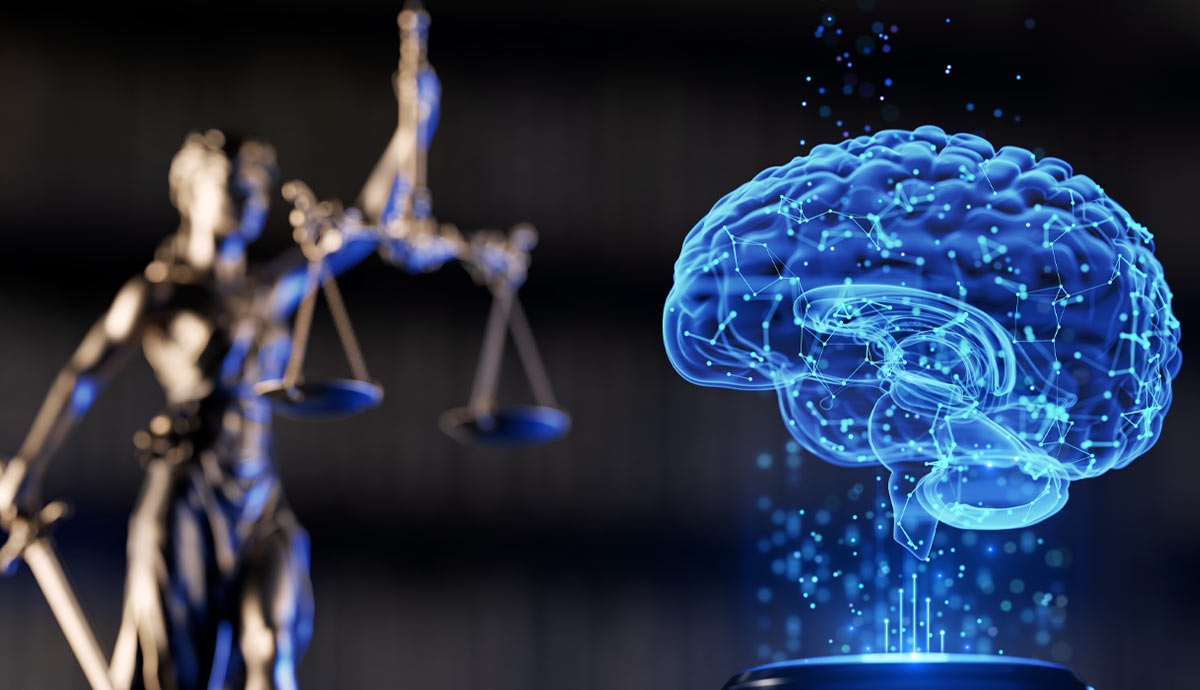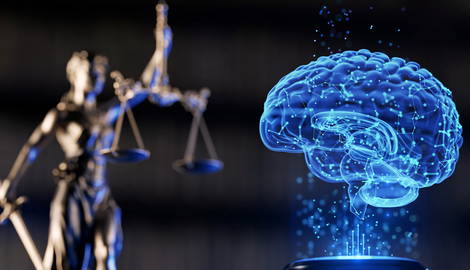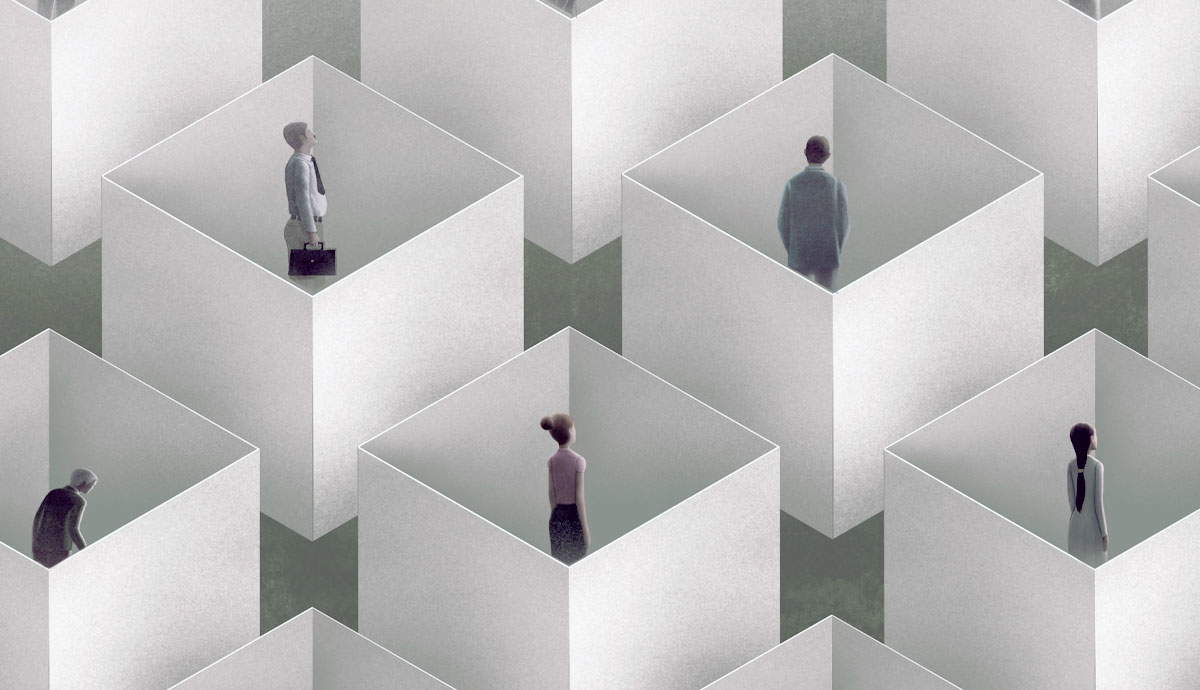
As we navigate the 21st century, ethical dilemmas are more frequent—and trickier—than ever. With technology advancing at breakneck speed and society undergoing seismic shifts, difficult moral quandaries crop up nearly every day for people and businesses alike. In this piece, we’ll examine some of the most common modern-day ethical dilemmas that are helping to define our world. So, what are the most common ethical dilemmas?
What Is an Ethical Dilemma?

An ethical dilemma is a situation that can be difficult to navigate because it involves a clash between one’s morals and something else. It’s like when you come to a fork in the road and decide which way to go, except each path is based on different values or principles.
Here’s an example from everyday life: say you discover a wallet stuffed with cash. One option would be to be honest and return the wallet as-is—this aligns with honesty being important (also known as a moral imperative).
But there’s another path influenced by necessity: keeping the money because you’re going through financial hardship. This path draws on self-preservation (looking out for yourself) or providing for your family (caring for them).
This leads to two significant ideas in philosophy. Consequentialism is the first, which judges the morality of an act by its consequences (such as using money you’ve found to buy food for yourself or your family). Deontology is the second, which looks at whether an action is right or wrong in and of itself (giving back the wallet because it’s what you should do).
In the 21st century, many ethical dilemmas require us to think about our actions not just in terms of legal rights and wrongs but on a more nuanced moral level—often posing the question: What kind of person do I want to be?
1. The Paradox of Technological Progress

The paradox of technological progress is like a double-edged sword—the very innovations that can unlock doors to knowledge and freedom can also lock us into new forms of dependency and even peril. This paradox stems from technology’s non-neutrality, meaning tech isn’t just a tool that obediently does our bidding. It can shape our lives in ways we didn’t anticipate.
Consider our smartphones, for example. They’re amazing, right? We carry all of human knowledge in our pockets and can instantly connect with someone across the globe. That’s a big checkmark for human progress!
But then, there’s the flip side. These devices can also lead to addiction, the spread of misinformation, and eroding interpersonal connections—the very challenges to the ideals of progress.
From a philosophical perspective, we encounter thinkers such as Martin Heidegger, who posited that technology is not merely about gadgets; it is a mode of comprehending the world that can confine us to only what can be quantified and exploited.
We also consider Marshall McLuhan, who famously declared, “The medium is the message.” In addition to carrying information, technology shapes how we converse and reflect.
This paradox suggests that while technology extends our capacities, it may amplify both our finest qualities—including inventiveness and sociability—and darker ones like greed or isolation.
The challenge lies in charting an intelligent course amid these currents: guiding our vessel of innovation by true north so humanity profits genuinely from progress.
2. Globalization and Ethical Pluralism

Imagine a global potluck dinner where each country brings its own dish—its ethical frameworks, often handed down through generations like treasured recipes.
But now we’re all eating together. Thanks to globalization, at times, the flavors clash. This is ethical pluralism: how, in our interconnected world, different systems can rub up against one another.
One approach might be, “When in Rome, do as the Romans do.” This is cultural relativism—the belief that right and wrong are specific to one’s culture.
But what if something in one culture really offends those from another? Take fur: many people see wearing it as perfectly fine and traditional. Plenty of others think it’s an appalling way to treat animals well.
Then there’s the other side—universal moral standards. Think of them as the basic dining etiquette rules that everyone is expected to follow, no matter what’s on their plate. These include human rights that many argue should be respected universally, like freedom from torture.
Navigating this global potluck requires tolerance and understanding. It’s about enjoying the diverse ethical dishes while agreeing not to put anything harmful on the table. It’s not just about being polite. It is a philosophical necessity to live together peacefully.
So whether you’re dishing out freedom fries or serving up a helping of nonviolence, both open minds and respectful hearts are needed at ethics’ global feast!
3. The Morality of Artificial Intelligence and Consciousness

Envision this: you’re having a conversation with an artificial intelligence (AI) that’s so advanced it appears to comprehend your emotions and may even express empathy.
Do these AI systems possess consciousness? If they do, what ethical responsibilities do we have towards them? This is at the core of the moral maze surrounding artificial intelligence and consciousness.
It is no longer pure science fiction to imagine machines behaving like they are thinking for themselves, which raises some real questions. If an AI can learn from experience, make choices based on those experiences, and perhaps even suffer for them, shouldn’t we consider it a mind—or at least part of one?
The idea that robots might one day have rights may sound like something from a futuristic TV show or book, but some philosophers are already starting to wonder whether we ought to take it seriously.
The responsibility for creating such AIs is enormous. It’s as if you were parenting in digital form because what your creation does has implications across society.
Philosophers like Immanuel Kant say that with autonomy comes moral agency: the ability to choose right or wrong. But can or should this apply to AI?
This debate isn’t just about technology; it’s a deep dive into what makes someone—or something—count as a “person” with moral worth. Traditionally, we’ve thought of personhood as being tied to being human. But advanced AI challenges that idea: it stretches our ethical horizons into unknowns.
This is a philosophical journey that’s only just beginning—we’re entering uncharted territory as we move towards a future where the line between human and machine blurs ever more.
4. Bioethics and the Redefinition of Life

Bioethics is similar to a referee in a game between biology and ethics. For example, when it comes to genetics and human enhancement, we’re not just talking about picking what color eyes your baby has. It could be possible to edit their genes so they don’t get certain diseases.
That sounds good. But what if, in the future, people start using this technology to make humans stronger or smarter? It would be like playing God.
Genetically modified organisms (GMOs) are another example of how biology gets tricky. These crops aren’t just things you’d find in science fiction anymore—they exist! And with them come questions about safety (are we sure about this?) and whether something being unnatural should count against it, too.
Should we edit an unborn child’s genes so that they don’t develop diseases later on in life? Most people would say yes! But what if those same edits also mean our kids grow taller or have better memories—is that going too far?
Then, there is the discussion about two of life’s greatest hallmarks: birth and death. We’re using technology to go further with both. We can keep a body alive longer than ever, but when does the quality of life become less important than simply being alive?
It is a philosophical question about the value of life versus living well, which Aristotle called “eudaimonia” or human flourishing. In bioethics, every new development is like opening Pandora’s Box because it brings with it a whole set of moral conundrums: just because we can do something, does that mean we should?
5. Social Justice and Redistribution in a Digital Economy

In an online marketplace, new companies can become extremely valuable very quickly. But does this mean that profits are made fairly? Some people make huge amounts of money from the Internet, while others don’t make any at all.
This difference has led to much debate about social justice: whether wealth should be shared more fairly in society.
Think about playing Monopoly: one player starts with lots of expensive property. Another can’t even afford to buy one cheap place. That’s how it works in our digital economy!
Some people say we should take from the haves online and help the have-nots offline—just like Robin Hood. They want to make sure everyone has the same chance as each other to succeed.
This is called redistribution. It’s an old idea supported by new theories such as John Rawls’ “veil of ignorance” (not knowing where you would end up in society).
On the other hand, there is an argument in favor of meritocracy – the belief that you should get out what you put in, or as applied to the digital world, what you code. The worry is that too much redistribution could stifle Silicon Valley’s entrepreneurial spirit. Egalitarianism—equality for all—vies with meritocracy: rule by the deserving.
This ethical debate raises questions about fairness, desert, and the kind of digital society we want to see emerge. It’s a philosophical hard drive worth of ideas about how to rebalance justice when technology has changed the rules.
6. Freedom of Expression in an Era of Cancel Culture

In today’s world, where social media can spread information faster than the speed of sound, we’re still grappling with an ancient question: how do we balance freedom of expression with the potential consequences of what we say?
One way this debate is playing out is through “cancel culture.” It is the idea that there’s now a social equivalent to being shouted down if enough people don’t like what you’re saying.
Think of yourself in a virtual town hall meeting with a microphone: You can say whatever you like. Thinkers such as John Stuart Mill defended this, seeing immense value—perhaps even society-changing truth—in allowing every voice (even those others find annoying or worse) to speak freely.
But what if your words are like a match tossed into dry grass, capable of causing real harm? Things get ethically tricky here: how to weigh society’s need for robust discussion against individuals’ rights not to be harmed by lies or abuse.
The philosophical conundrum becomes more complex when we contemplate whether there ought to be any restrictions on speech at all. Should we put up with the intolerant? Karl Popper argued that if a society is too open-minded—if it tolerates absolutely everything—then its openness will ultimately be destroyed by those who are themselves intolerant.
Freedom of speech isn’t just about having the right to say anything. It’s also about being heard and society collectively deciding what can and can’t be said.
So, What Ethical Dilemmas Are We Facing Today?

Today’s world is full of ethical dilemmas. We are unsure whether it is right to make AI that might be conscious if technology makes us better or magnifies our flaws, and which set of moral codes we should apply in a globalized culture.
When it comes to biotech, how much should we try to play God rather than innovate? The digital economy has also raised new questions about fairness itself because it has led to unequal wealth distribution—another area for which we may need a fairer system.
One backdrop to all these points is that as cancel culture grows, at what point does free speech become damaged goods?
These aren’t just theoretical questions. They’re real problems—each requiring a combination of good judgment, kindness, and serious thought.










